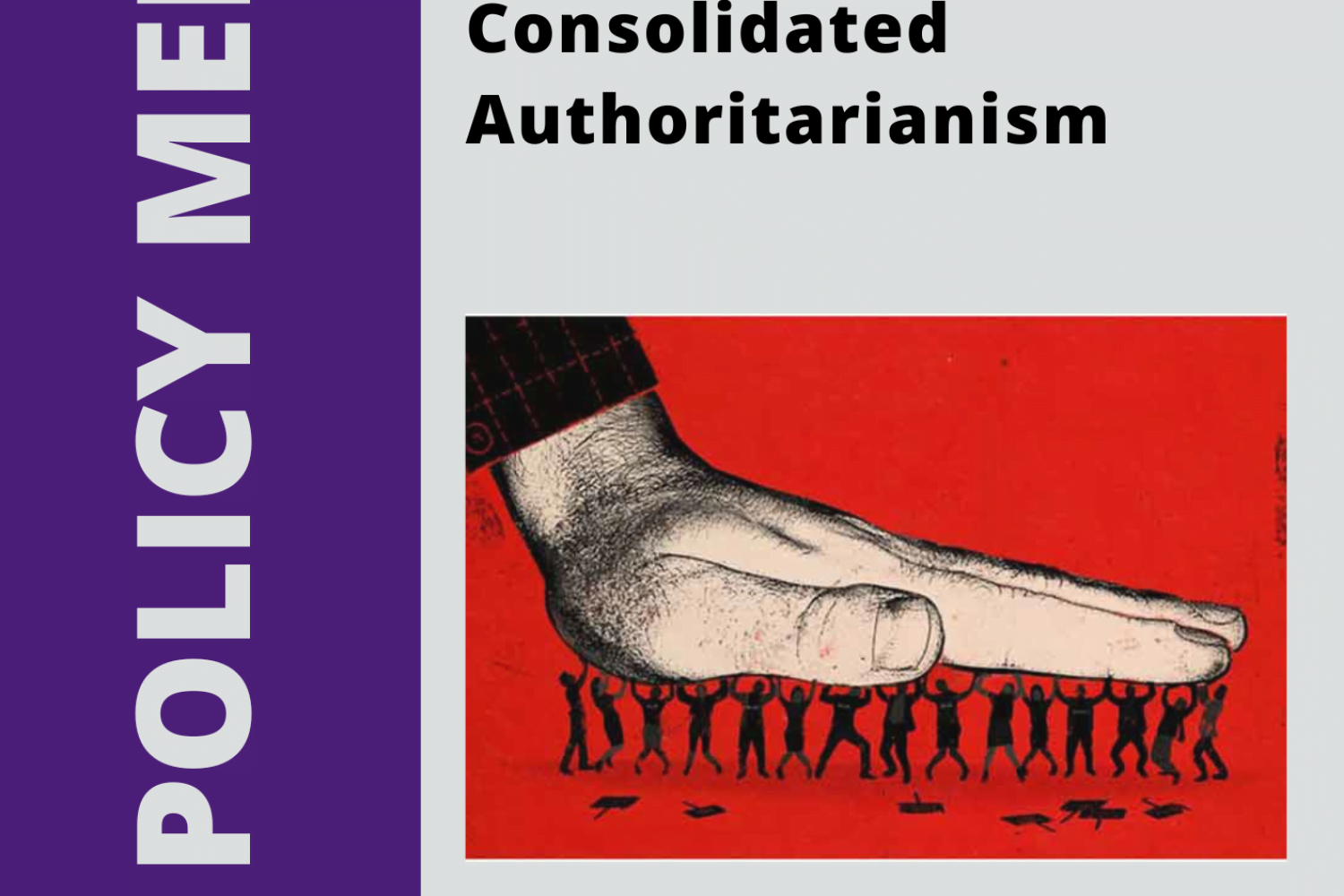2023-02-23 12:38:02
Public discussion in the country is currently being completely dominated by the draft law “On the transparency of foreign financing” initiated by People Power, a satellite political group within the ruling party in Georgia’s Parliament, People’s Power. This bill envisages the creation of a register of “agents of foreign influence” and the registration of all organizations receiving more than 20 per cent of their income from foreign funding(Civil.ge 2023a). According to the Office of the Public Defender of Georgia, the bill does not comply with international or national standards for human rights protection, and even its consideration is incompatible with the basic principles of a modern democratic state (Publika.ge 2023a). International partners (Jam-news.net 2023a, Jam-news.net. 2023b, Tabula.ge 2023a), as well as national and foreign experts (Joint statement of non-governmental organizations of Georgia) consider the draft law to be a radical departure for Georgia from its European course and threatens to do great damage to the reputation of the country’s civil organizations 2023, GIP 2023).
Despite the sharply negative assessments of the bill, People’s Power and Georgian Dream maintain strongly that the bill is based on the best Western practice (Tabula.ge 2023b, Publika.ge 2023b, 1TV.ge 2023a) and serves only to strengthen accountability and transparency of the civil society sector in Georgia. Due to the urgency of the issue, this policy memorandum proposes a comparative analysis of the existing regulations on foreign funding of non-governmental organizations in democratic states, as well as of the bill initiated by People’s Power in the Georgian Parliament. Based on this discussion, the memorandum demonstrates important factual and contextual differences between the draft law “On Transparency of Foreign Funding” and Western practice. In addition, the memorandum analyzes possible real motives behind the initiation of the draft law and consequences for the democratic future of Georgia.




